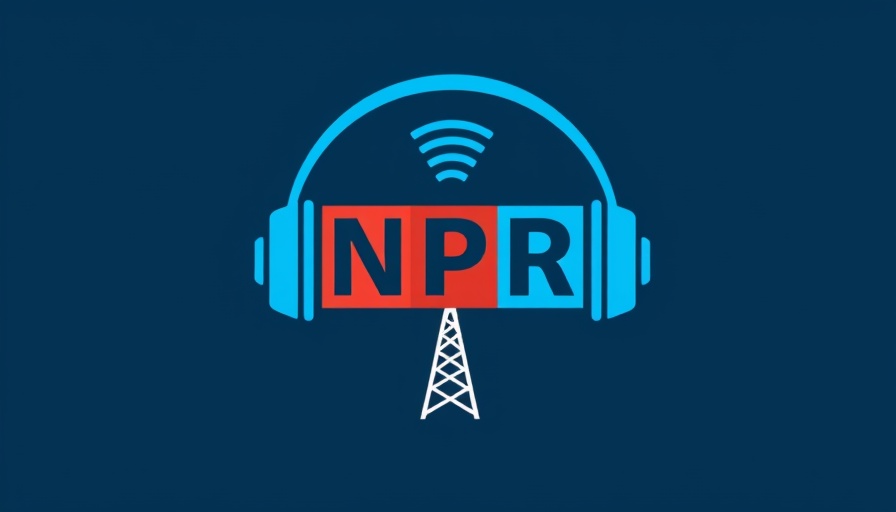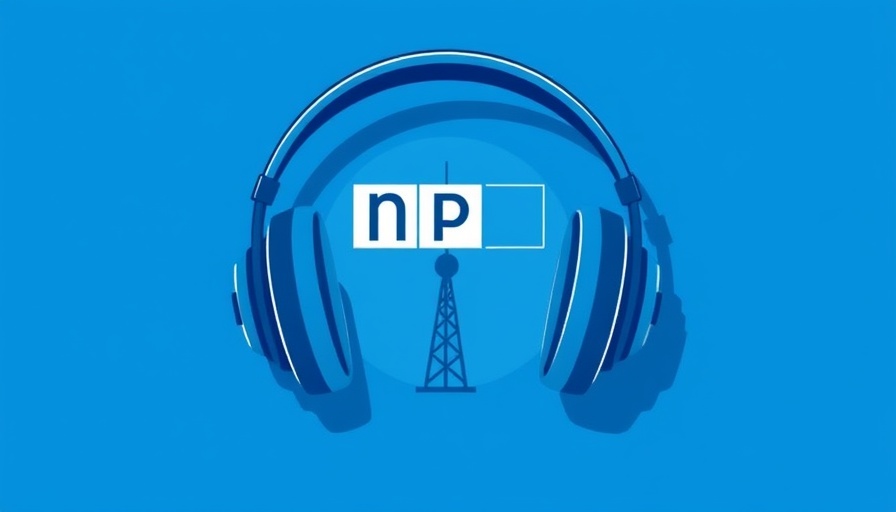
Overview of Recent Vaccine Policy Changes
Recent changes announced by the Trump administration regarding COVID-19 vaccines have triggered widespread concern among public health experts. The new policies, which impose significant restrictions on vaccine access, come at a critical time in the ongoing pandemic. With millions of Americans actively seeking vaccination, the implications of these announcements underscore the intersection of public health and political decision-making.
The Impact of New Vaccine Restrictions
Information indicates that the administration has introduced two crucial measures in recent days: requiring extensive new studies to verify the safety and efficacy of vaccines before widespread distribution and withdrawing recommendations for vaccinations among healthy children and pregnant women. These decisions have sparked alarm as they could lead to severe public health ramifications, particularly in terms of vaccine accessibility, which is already noted to be lacking in various communities.
Public Health Expert Reactions and Concerns
Experts like Dr. Ashish Jha, Dean of the Brown University School of Public Health, express deep concern over these changes and potential fallout. He argues that limiting access to COVID-19 vaccines will adversely affect public health, stating, The cumulative effect here is a lot less access to vaccines, just making it much harder for Americans to get vaccinated.
The new restrictions create significant barriers not only for vulnerable populations but also for everyday individuals eager to protect themselves and their loved ones.
Understanding the Rationale Behind Government Decisions
While federal health officials defend these policy shifts as necessary precautions given existing immunity rates and perceived vaccine safety issues, the rationale has left many questioning the government's commitment to public health. The emphasis on needing additional studies could be construed as an overreach and may create further mistrust among a population already wary due to a landscape filled with misinformation. A balanced approach that fosters transparency while ensuring safety is essential in navigating these complex health decisions.
Public Sentiment and the Vaccination Landscape
It’s crucial to understand public sentiment as many individuals express confusion and distress over the new policies. For individuals aged 35-55, particularly in tech-driven fields, the desire to remain healthy and avoid COVID-19 remains a top priority. The current announcements not only threaten personal health but also project uncertainty onto work environments as companies strive to create safe spaces for employees. The intersection of personal health priorities and government policies continues to shape societal dynamics in significant ways.
Potential Long-term Effects on Public Health Delivery
The ramifications of these announcements may extend well beyond immediate access to vaccines. Trust in government health recommendations can be deeply affected by perception and lived experiences, transforming into a milieu where vaccine hesitancy flourishes. Public health campaigns advocating for the benefits of vaccination may need recalibrating to bridge gaps in public confidence and dispel fears. As historical data indicates, access to vaccines can directly influence community health outcomes, making future public health strategies all the more critical.
Moving Forward: Strategies for Professional and Community Engagement
For CEOs and marketing professionals, understanding the implications of these health policy changes offers an opportunity to engage in community outreach initiatives that promote health literacy and foster a positive narrative around vaccination. Campaigns addressing misinformation, coupled with open dialogues about vaccine safety, can be instrumental in rebuilding trust. Businesses can leverage their platforms to advocate for proactive health measures that prioritize employee well-being and community health resilience, thereby contributing to an environment where public health thrives.
Conclusion: Collaborating for Better Outcomes
The recent vaccine announcements by the Trump administration represent a pivotal moment for public health. For professionals navigating this evolving landscape, the responsibility now lies in collaborative efforts to address concerns, advocate for community health, and promote accurate and inclusive health policies. Strengthening public trust through transparency and engagement will be paramount to overcoming the existing challenges faced by individuals and communities.
 Add Row
Add Row  Add
Add 




Write A Comment